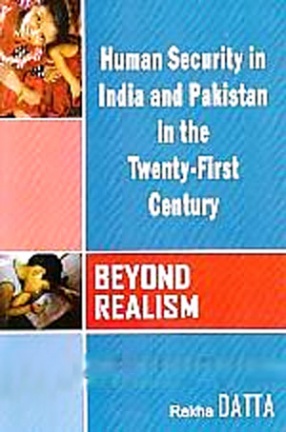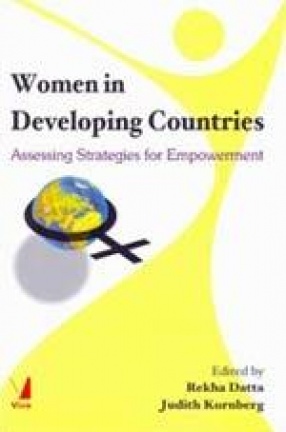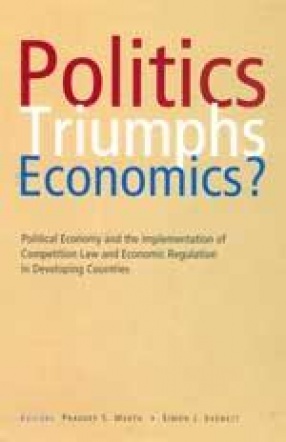As the world changes, many scholars, analysts, and policy makers agree that while governments need to comfort external threats, creating sustainable domestic environments is an imperative policy priority. In the post-cold war period, several bilateral conflicts-including the nuclear tests of 1998 and the post-9/11 world in which South Asia has become a breeding ground for terrorists-continue to make India and Pakistan a pivotal region.
This book will contribute to a deeper and more holistic understanding of the policy priorities of major players in India and Pakistan, home to a fifth of the world’s population and where terrorism and poverty continue to be concerns. This timely analysis starts with traditional approaches and combines them with new thinking within a human security policy framework. It analyzes security policies of the two governments that have emerged in the context of geopolitical concerns based on realist calculations and also looks at policies in key areas such as the economy, education, public health and safeguarding against gender-based violence. While it has relevance for regional policy priorities, this analysis also has broader implications for world powers such as the United States and China, for whom south Asia remains a key strategic area.






There are no reviews yet.